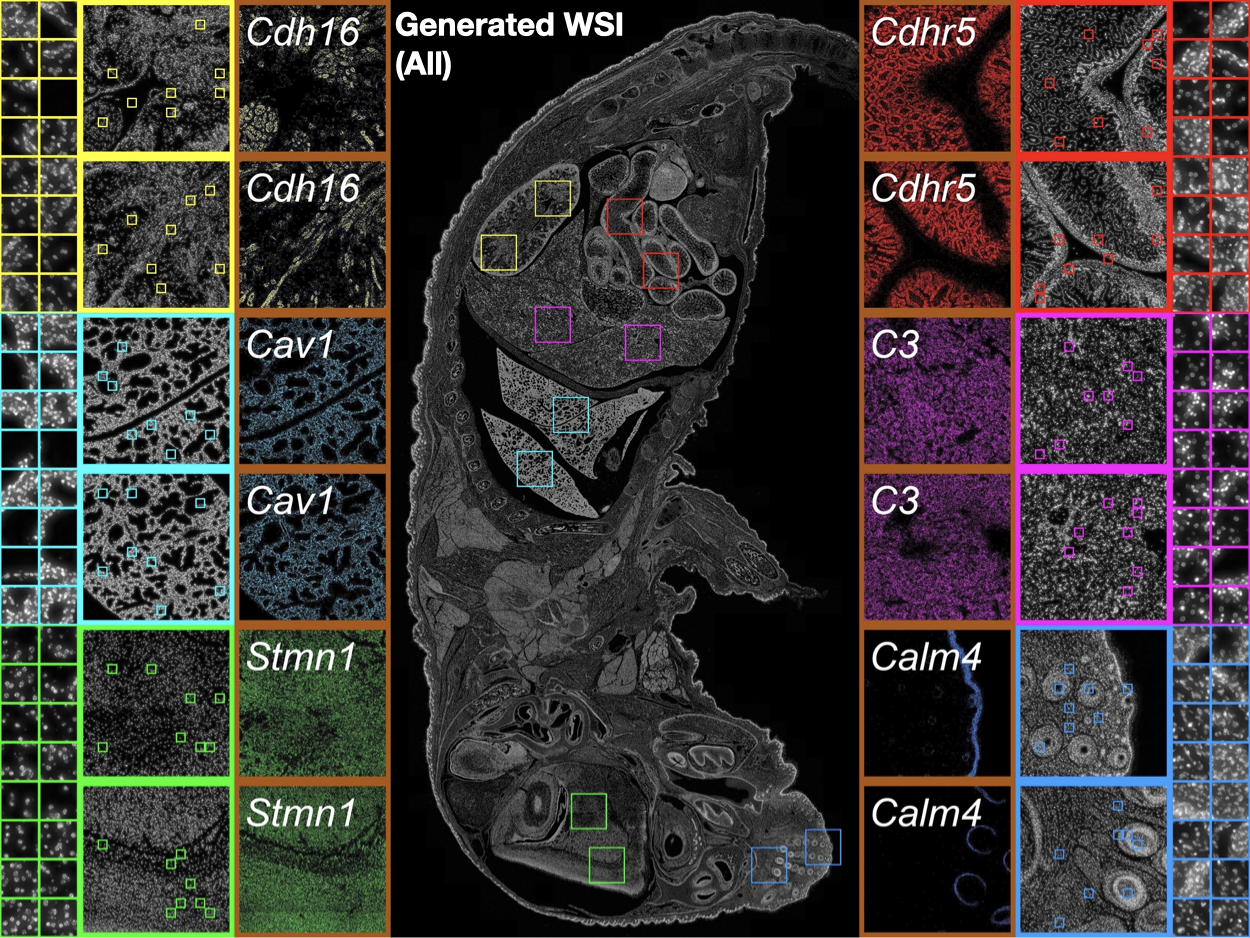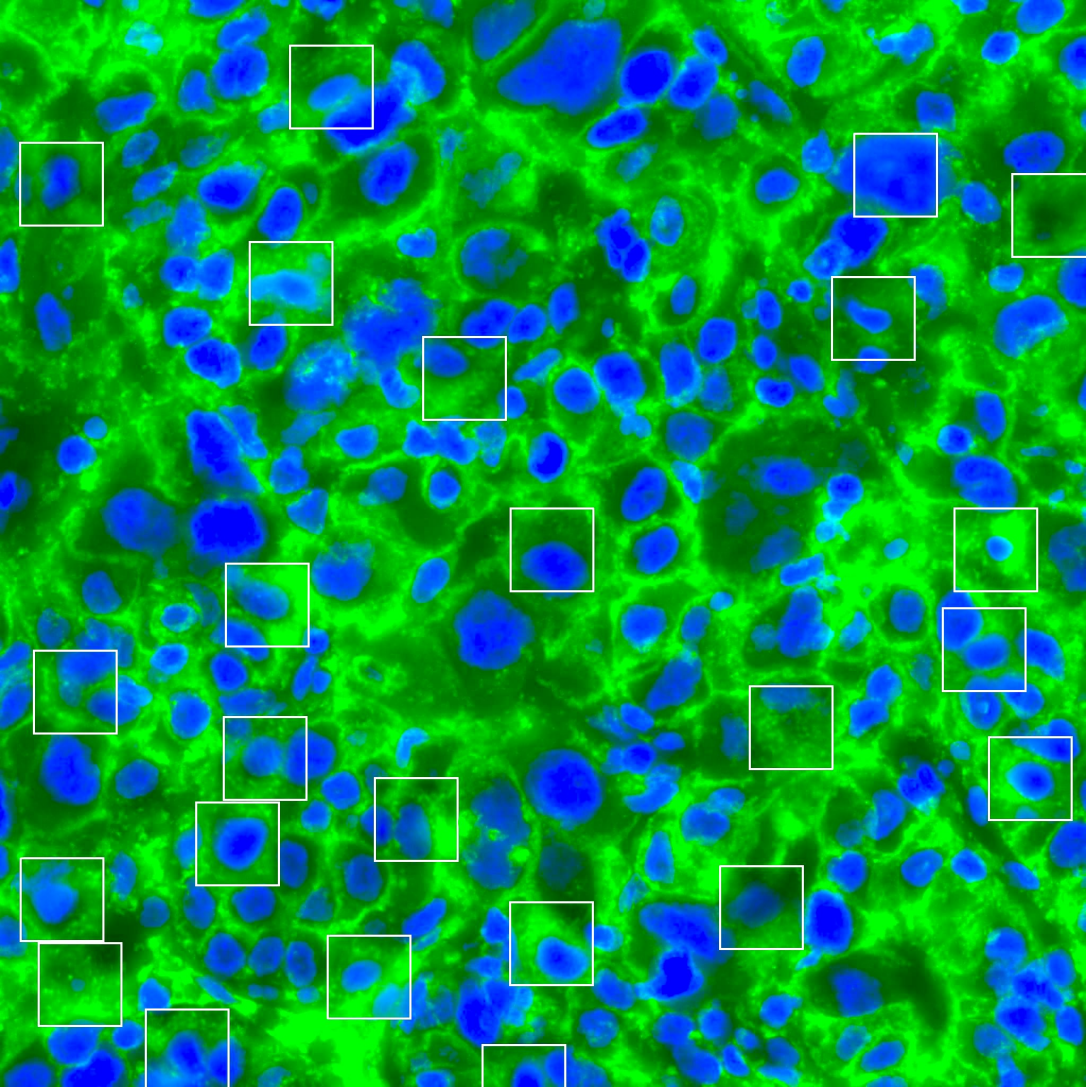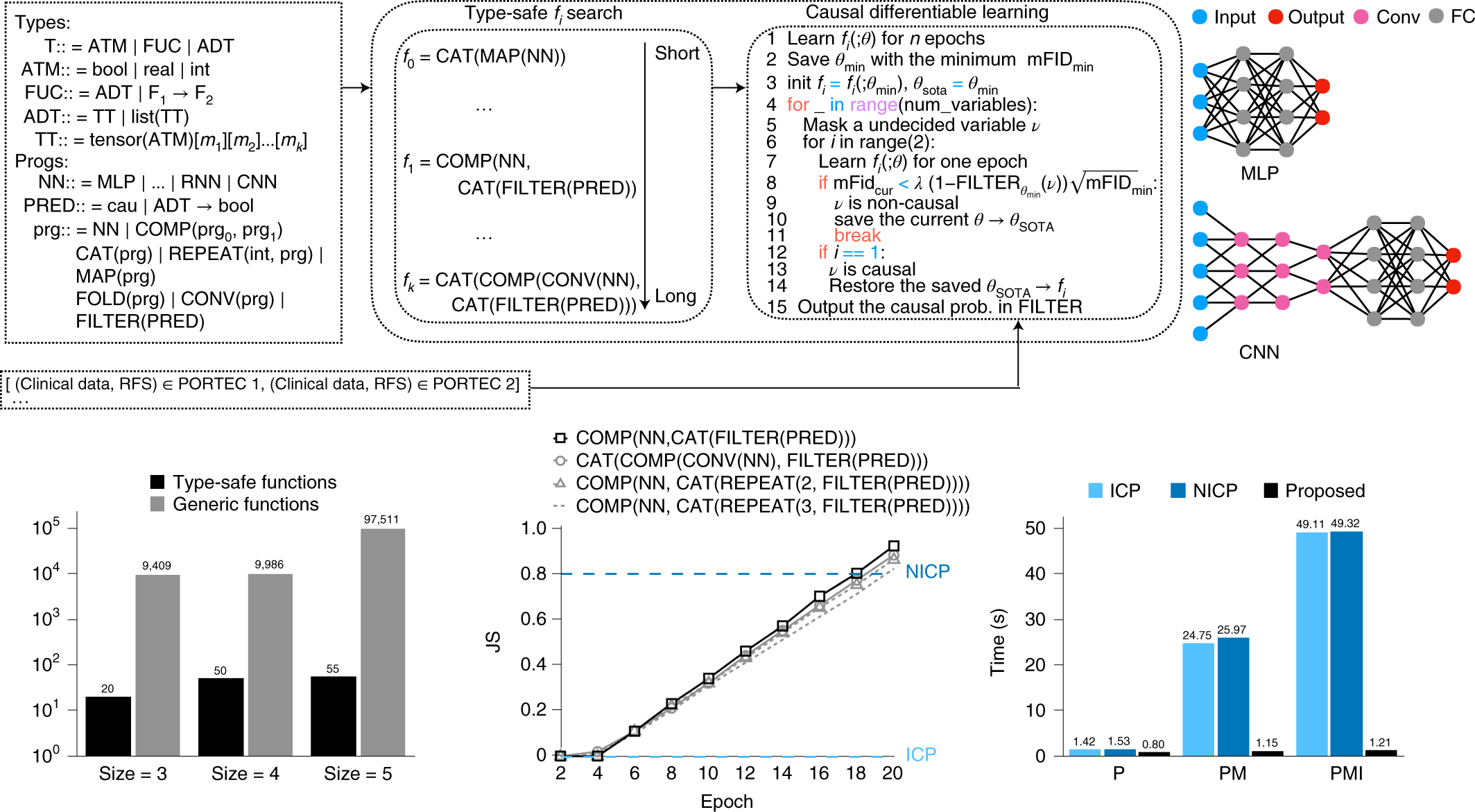|
Jiqing Wu I'm a post-doc researcher and project lead working at the Department of Biomedical Engineering, University of Basel. My research interests lie in applying GenAI and causal inference to solve biomedical questions. Prior to this, I spent four years as a post-doc researcher at the University Hospital of Zurich. Since then, I've been working on in-silico modeling of multi-scale biological entities using generative modeling, e.g., from (2D) cell to (3D) organism. Besides, I have developed causal inference approaches for answering clinically relevant questions. Together with Prof. Dr. Viktor Koelzer, HEMMI-Foundation has awarded us an extraordinary contribution for identifying causal factors that link to patient outcomes with endometrial cancer. I did my PhD at ETHz, supervised by Prof. Luc Van Gool and Prof. Zhiwu Huang. During my PhD study, I mainly focused on generative modeling in generic computer vision. |

|
Selected Research ProjectsI am interested in modeling high-volume biological entities using GenAI approaches and consequently creating high-fidelity generative digital twins (GDT) for potential clinical utility. Driven by the observation that many clinical questions are statistical at first glance but causal by nature, I am also keen on developing causal inference models to address real-world clinical questions. |

|
IST-editing: Infinite spatial transcriptomic editing in a generated gigapixel mouse pup
Jiqing Wu, Ingrid Berg, Viktor Koelzer Medical Imaging with Deep Learning, PMLR, 2024 (Oral Presentation) github / video / bibtex Taking spatial gene expression as the input, IST-editing seamlessly generates the WSI of an entire one-day mouse pup, with a resolution of 106496 X 53248 pixels. |

|
SST-editing: In silico spatial transcriptomic editing at single-cell resolution
Jiqing Wu, Viktor Koelzer Bioinformatics, 2024 github / bibtex By editing tumor gene expression profiles toward the normal spectrum, SST-editing achieved the successful reversal of tumor cellular images to normal ones. |

|
Prognostic impact and causality of age on oncological outcomes in women with endometrial cancer: a multimethod analysis of the randomised PORTEC-1, PORTEC-2, and PORTEC-3 trials
Famke C. Wakkerman, Jiqing Wu, et al. The Lancet Oncology, 2024 github / bibtex We showed that advanced age was associated with more aggressive tumour features in EC patients, and was independently and causally related to worse oncological outcomes. |

|
Automated causal inference in application to randomized controlled clinical trials
Jiqing Wu, Nanda Horeweg, et al. Nature Machine Intelligence, 2022 github / bibtex AutoCI can clearly identify the causal variables of two real-world RCTs of EC patients with mature outcome and extensive clinicopathological and molecular data. |
|
The webpage template is borrowed from Jon Barron's source code. I would like to convey my gratitude for his excellent work. |